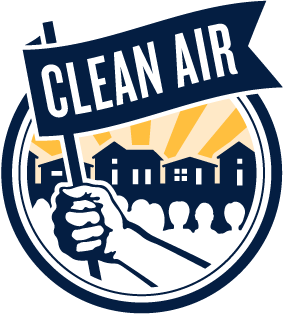Our History
The Clean Air Coalition was founded by Western New York residents concerned about the environmental health in their neighborhoods and who demanded an active role in the the decisions that impact their communities.
Clean Air’s initial campaign and victories were in Tonawanda — including a direct-action campaign to hold Tonawanda Coke responsible for the environmental and human toll its practices imposed on the community.
Today, Clean Air organizes multiple Western New York communities around environmental health and justice issues.
Clean Air makes this region a healthier and greener place to live by developing grassroots leadership particularly among working class people and people of color, facilitating and supporting campaigns that their members lead, building and aligning shared interest to advance equity and community well-being, and by taking collective action.
Clean Air bases its organizing in neighborhoods, addressing tangible, on-the-ground conditions that impact people’s lives. The shifts that take place because of resident organizing and leadership, and the issues and campaigns they take on create the conditions and the constituency for widespread systemic change.
In this way, Clean Air’s work for environmental justice extends far beyond what have traditionally been considered “environmental” issues. The Principles of Environmental Justice include important markers for Clean Air’s mission that expand upon the natural environment to encompass political, social, and economic factors and structures that impact people’s lives and well-being. Among others, these principles include “that public policy be based on mutual respect and justice for all peoples, free from any form of discrimination or bias”; “the education of present and future generations which emphasizes social and environmental issues, based on our experience and an appreciation of our diverse cultural perspectives”; and “the right of all workers to a safe and healthy work environment without being forced to choose between an unsafe livelihood and unemployment”.
Though Clean Air undertakes many activities and is involved in multiple campaigns with many partners, the organization’s method of working is built around core strategies that not only move the mission forward, but set an example of the kind of organizational and institutional model we wish to see in the world.
